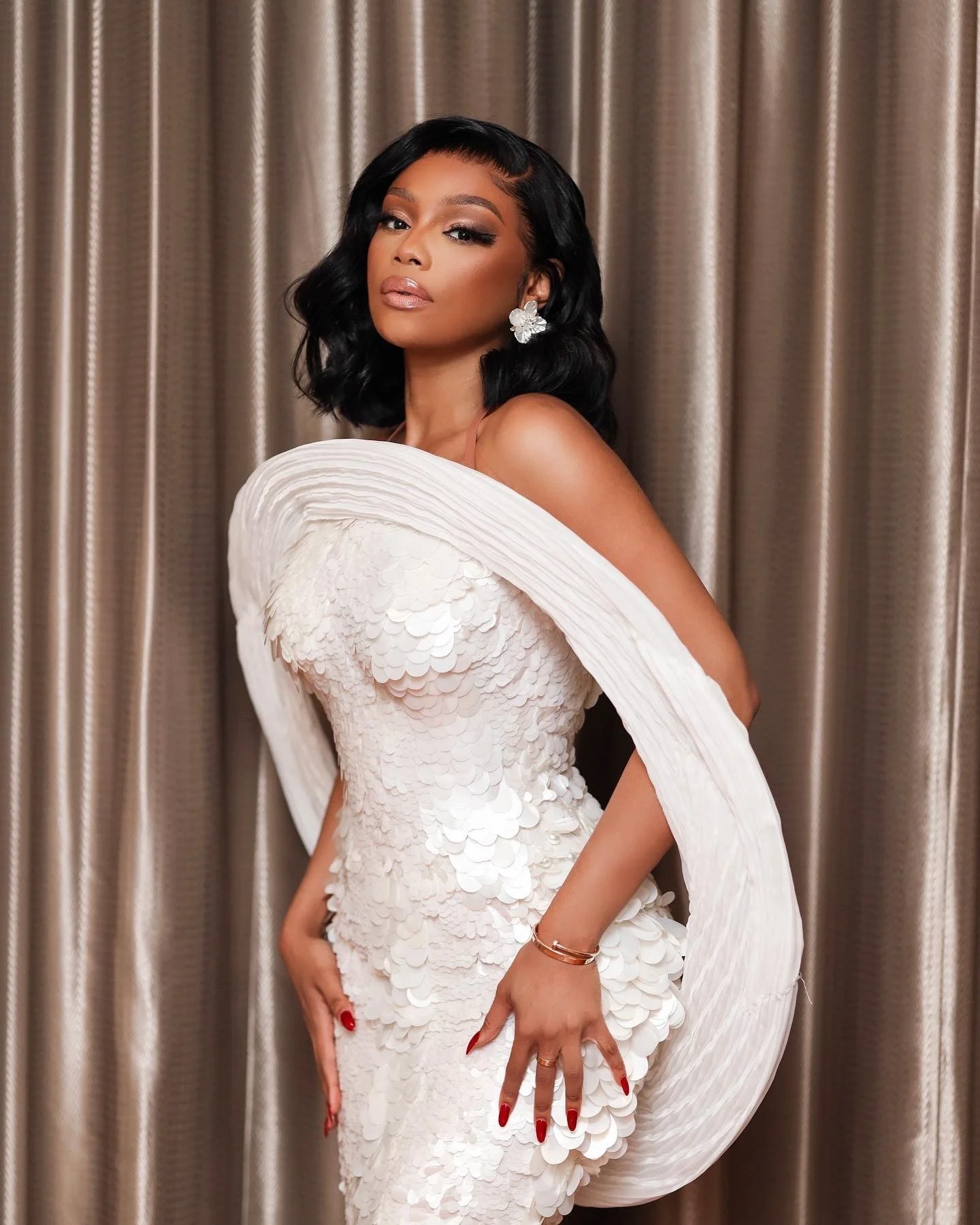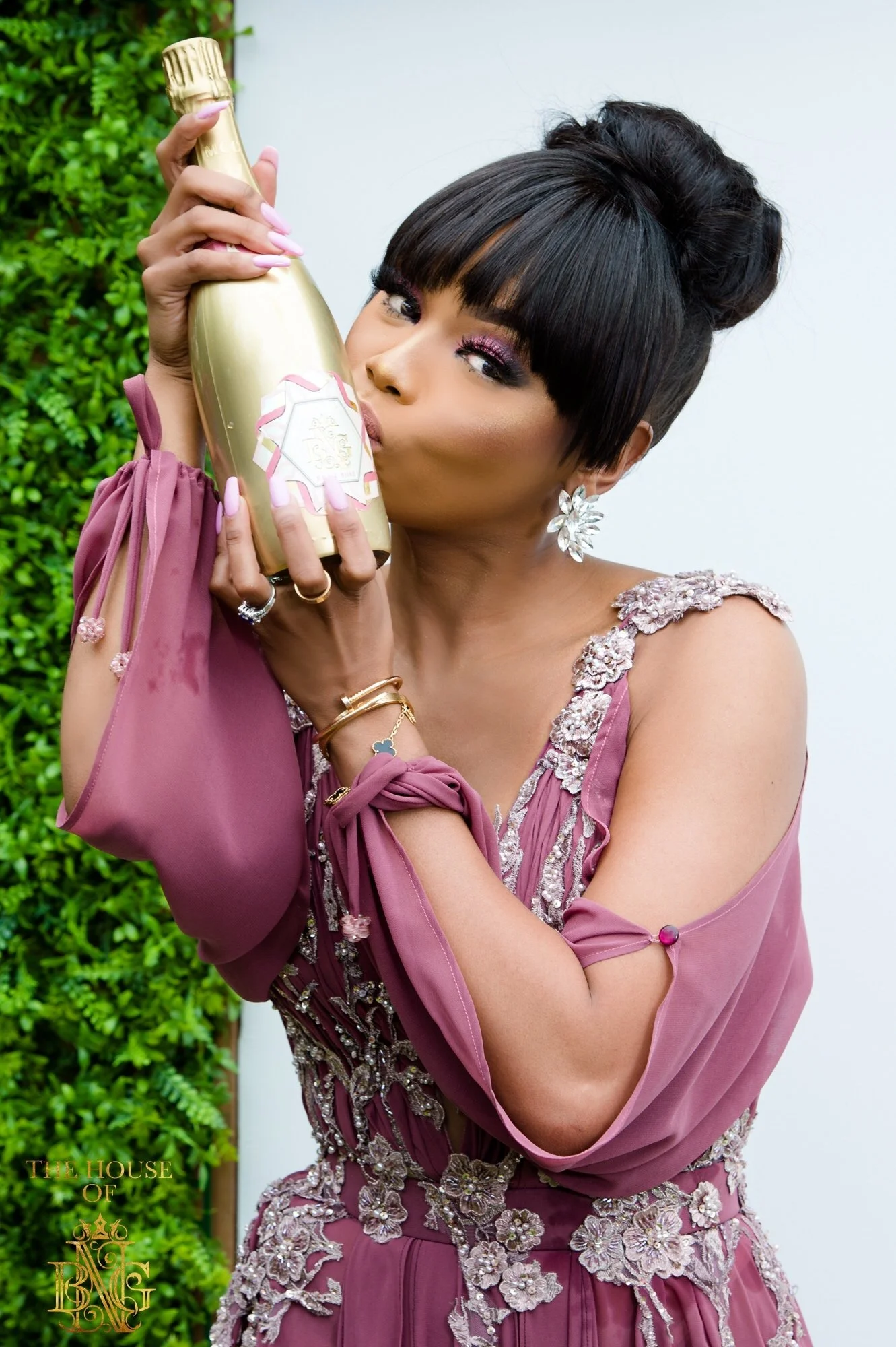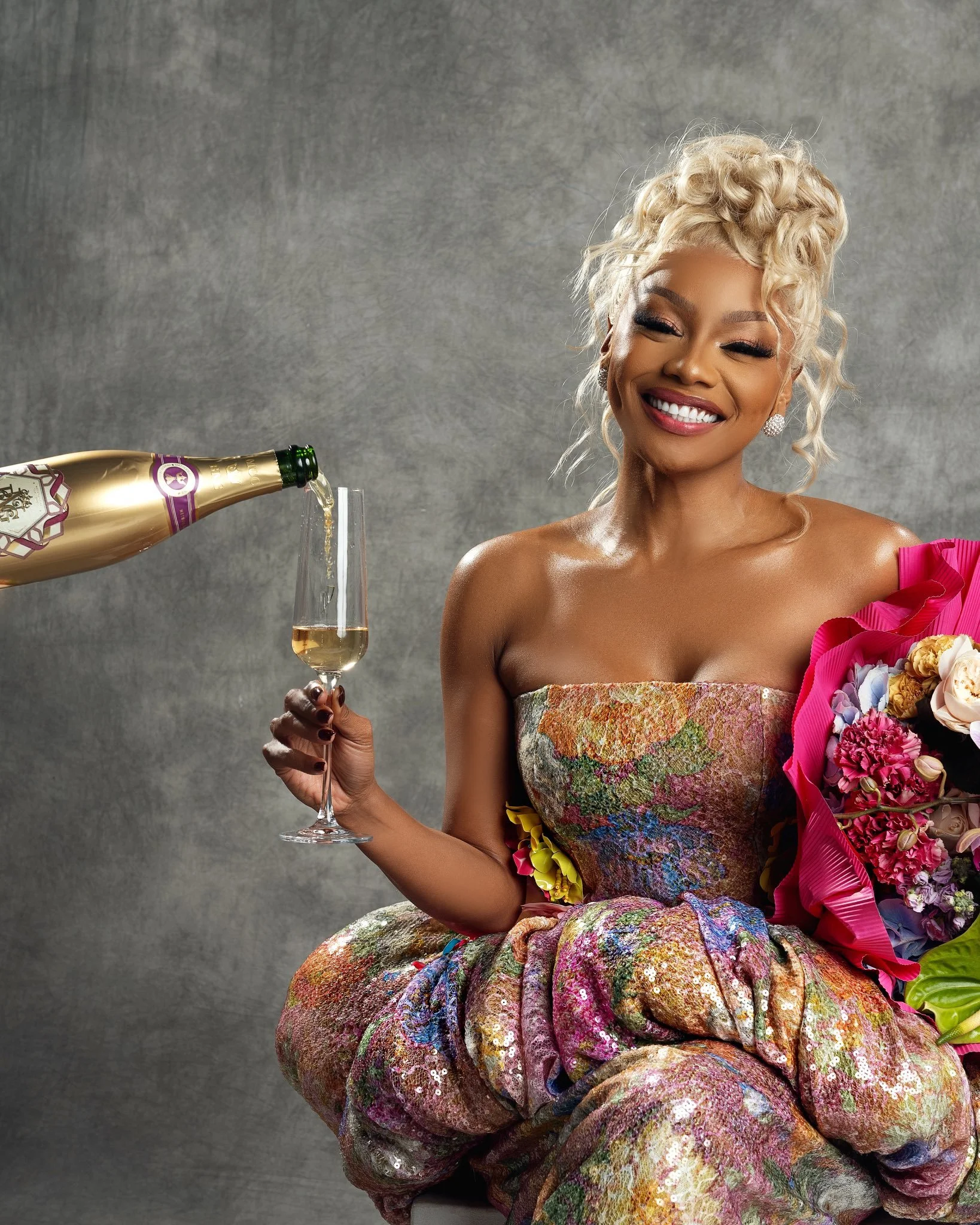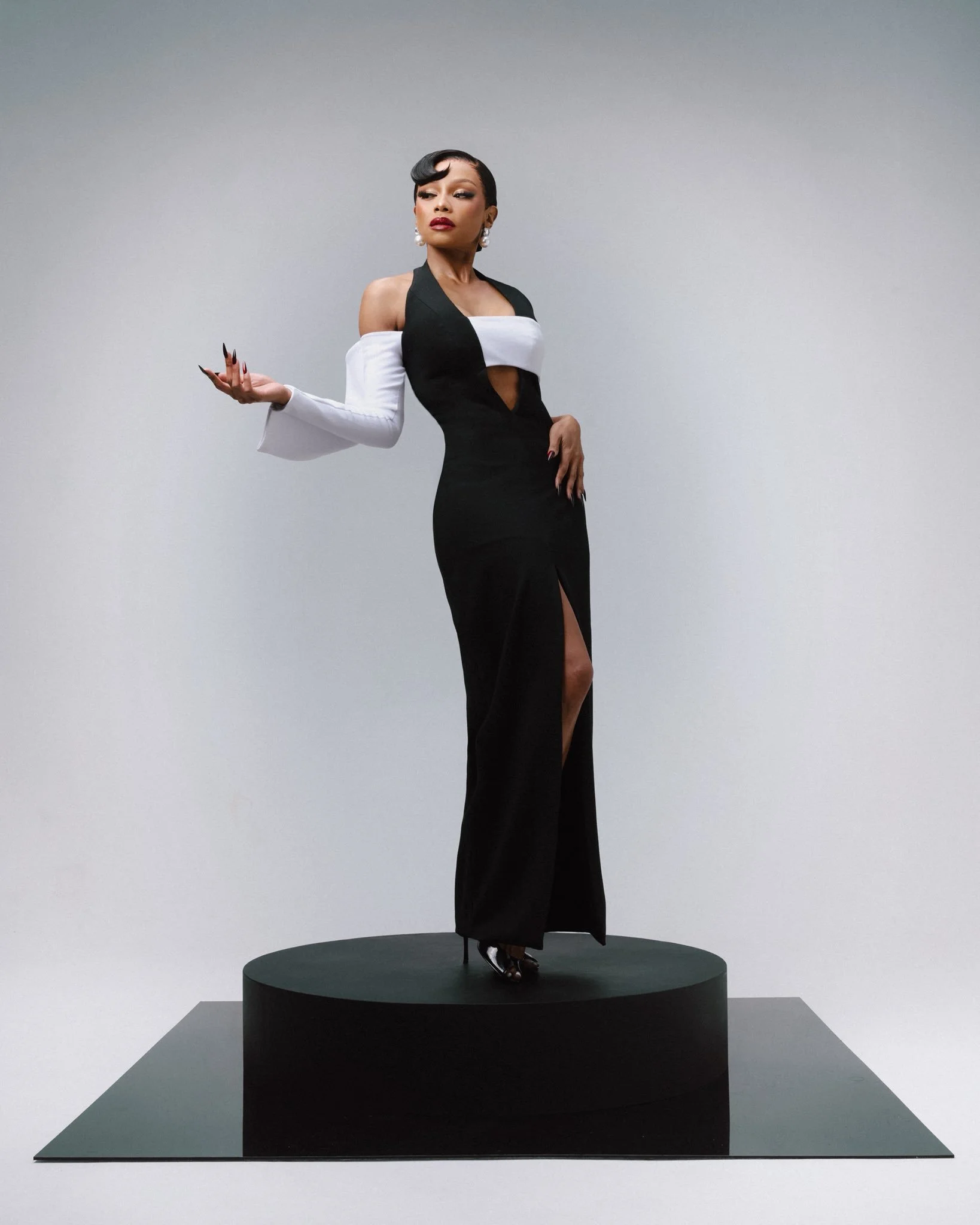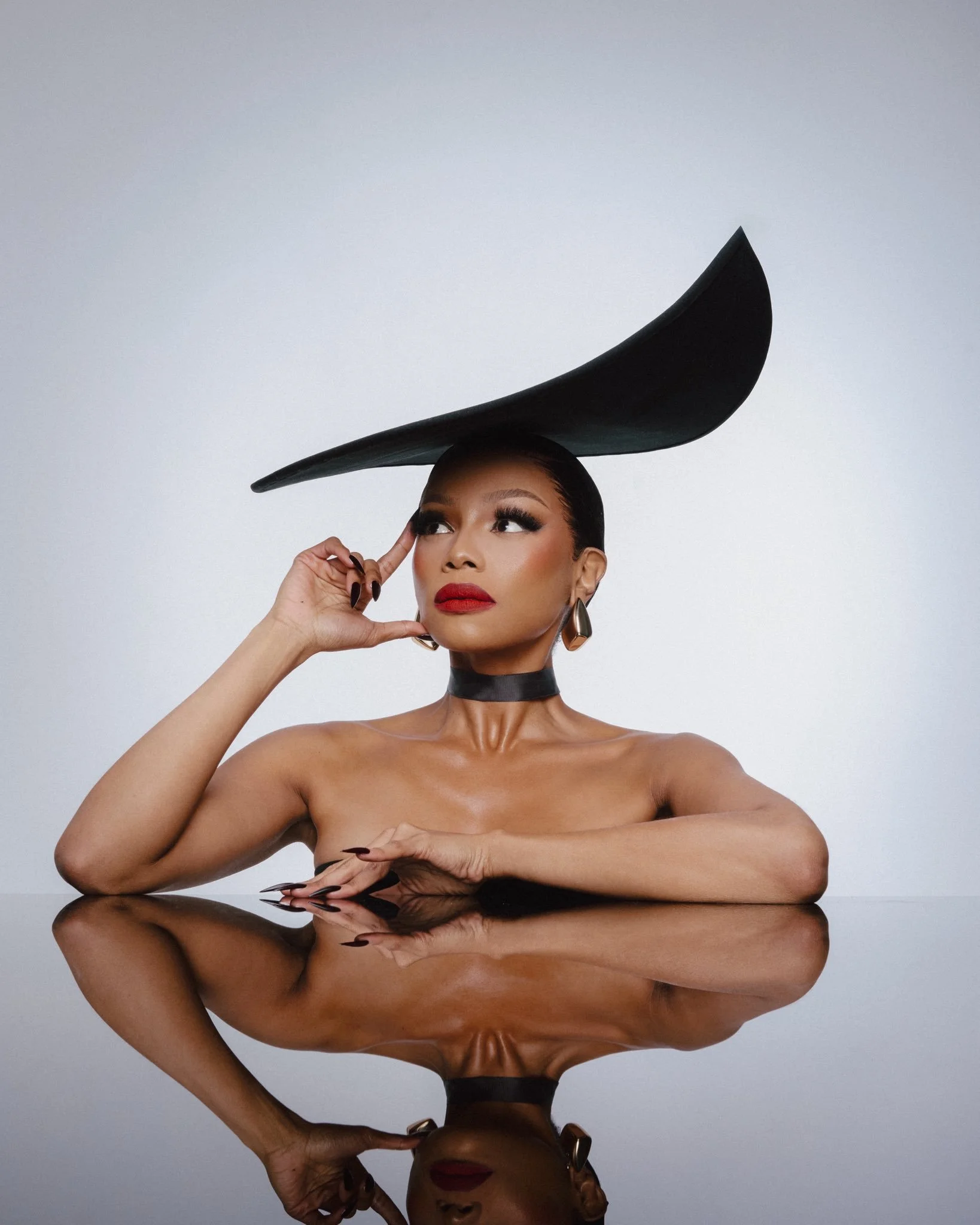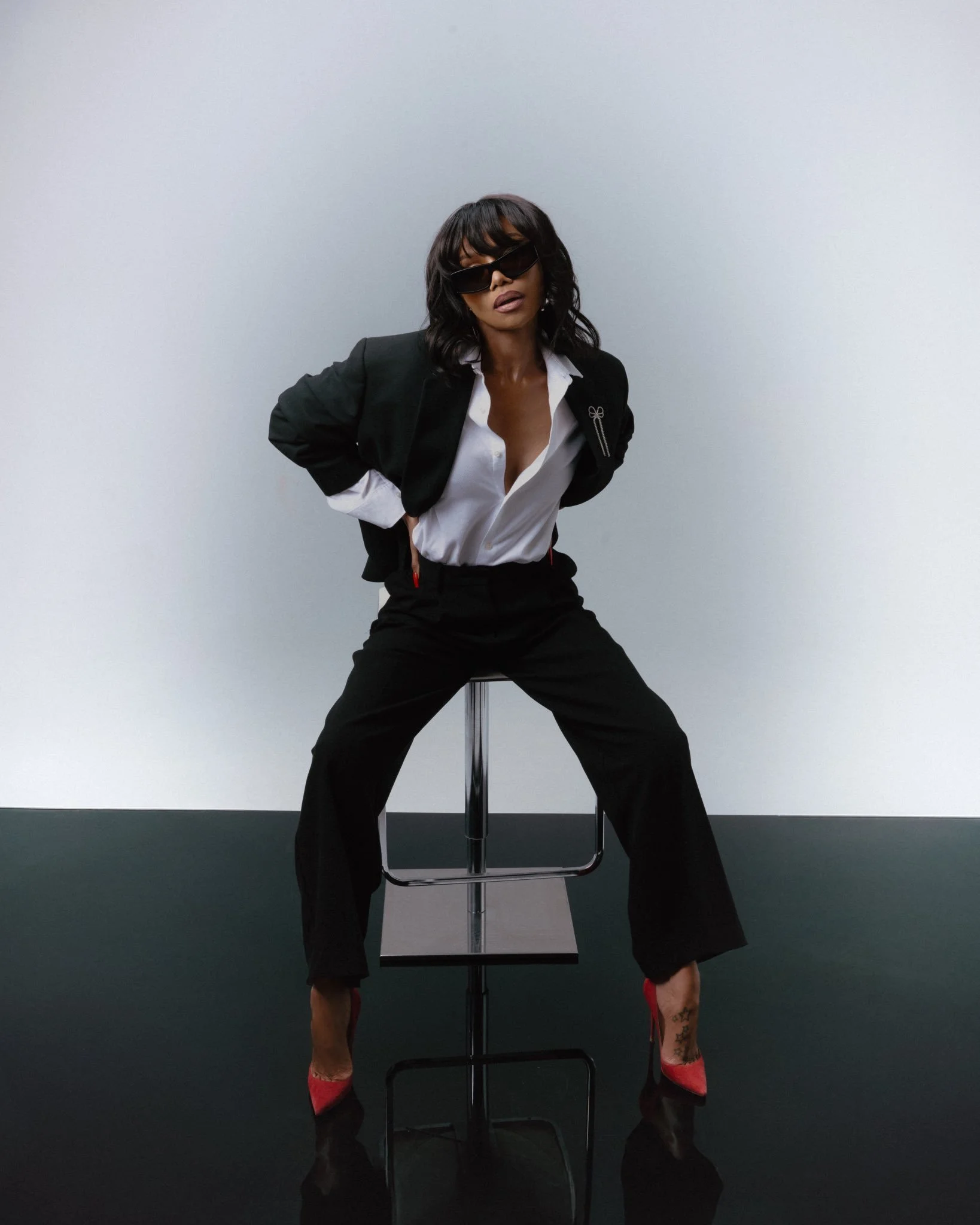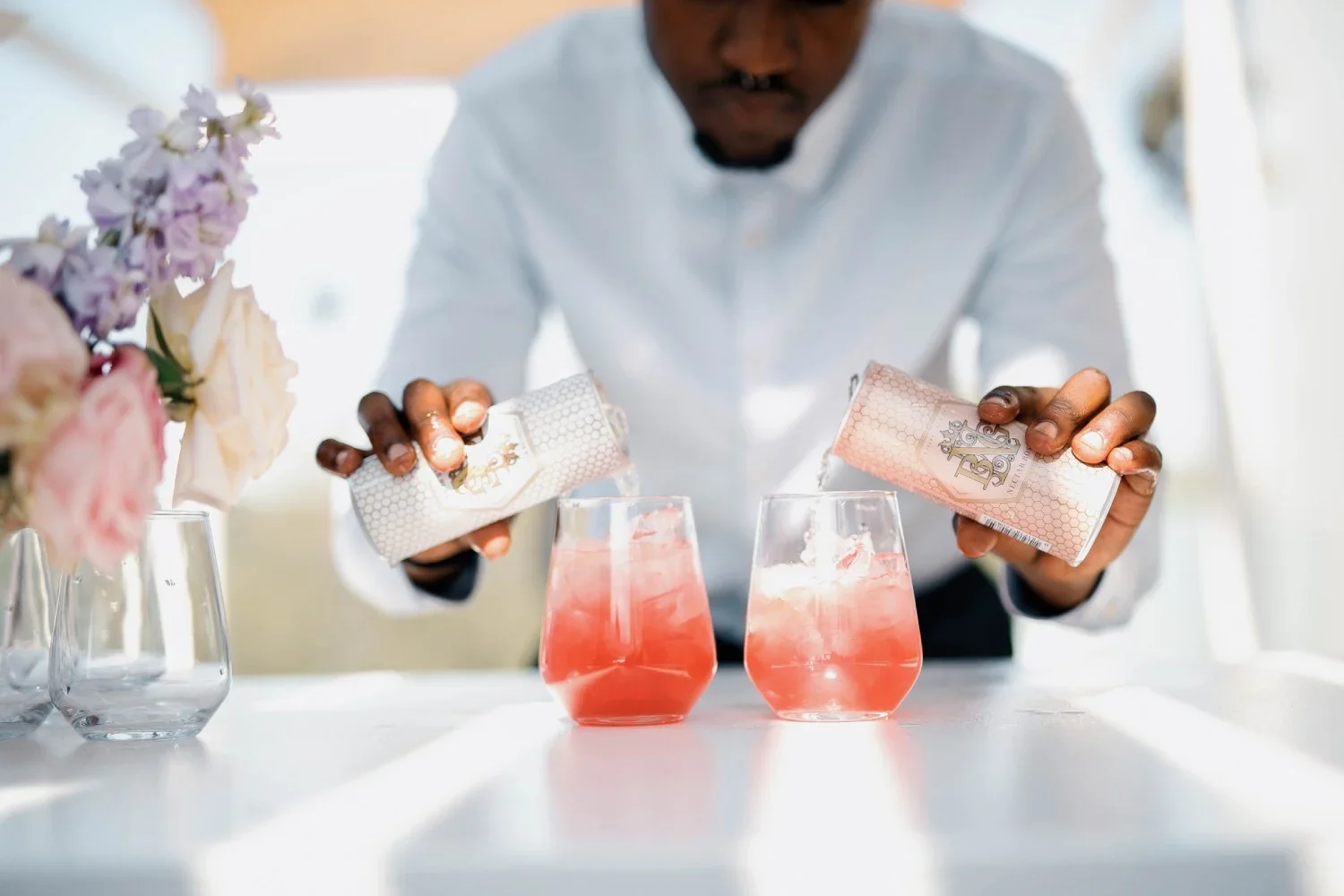Bonang’s Evolution from Media Darling to Businesswoman
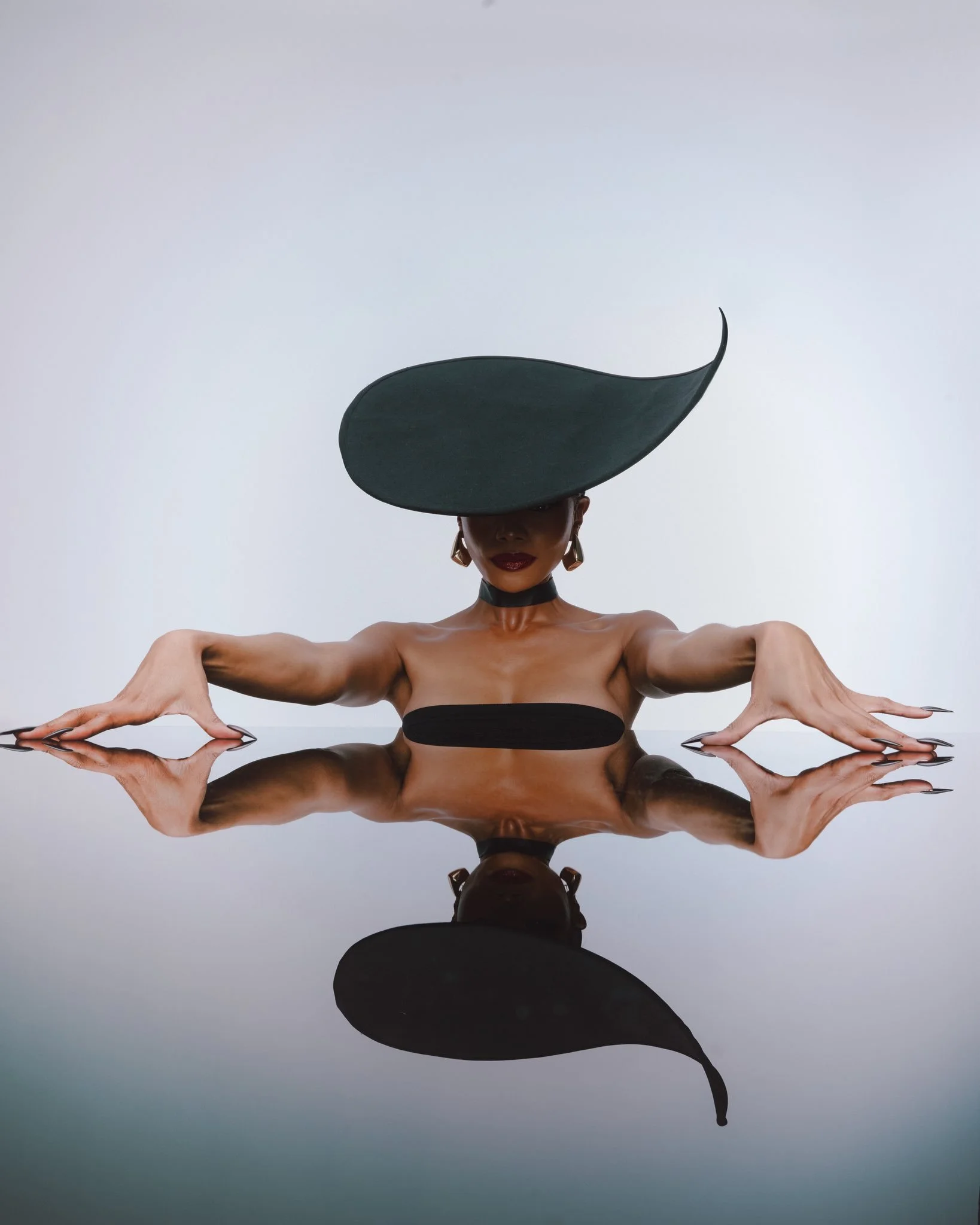
Bonang Matheba’s Inspired Evolution from Media Darling to Businesswoman: A Masterclass in Strategy, Influence & Longevity
Bonang Matheba’s rise to stardom has been a masterclass to witness. Whilst South African popular culture has had no shortage of bright stars, few have managed to rise above the ephemeral nature of the limelight and etch their names into the cultural imagination with the kind of permanence Bonang Matheba has achieved. From hosting the country’s most revered shows, becoming the local archetype for fashion, style and charisma, collaborating with local and global brands and having embarked on her biggest act yet, the Founder and Head Honcho of her very own Méthode Cap Classique brand, House of BNG. Bonang’s career isn’t just one of celebrity, it is a masterclass in strategy, influence and longevity.
Bonang’s rise has been marked by a relentless pursuit of excellence, an acute awareness of timing and the audacity to reinvent herself at each phase of her career. If the early years of her career were defined by visibility and talent, the later chapters are characterised by power, ownership and vision. To study her evolution is to understand how artistry, influence and business acumen can be woven together into a formidable legacy.
For many South Africans, Bonang’s earliest chapters were tied to her iconic voice and her effervescent presence on television. She became the rising star who knew how to dazzle in the spotlight. Her cadence, style, fashion and indelible energy became cultural templates replicated by countless aspiring stars who saw in her both as a mirror and a guide. Beneath the glamorous exterior, there was always another layer at play: a keen understanding of positioning. Bonang’s ability to align her image with aspiration made her stand out. She wasn’t simply a host or a broadcaster; she was a brand in the making, carefully sculpting her niche in a way that made audiences want not just to watch her, but to be her. In many ways, excellence became her brand.
Despite her move into business, Bonang’s respect for media has never wavered. She has consistently approached her work with professionalism, an understanding of audience dynamics and a recognition that media is both a platform and a mirror. It is this respect for the craft, the stage and the audience that has sustained her career far beyond the average life cycle of a South African media personality. She has always fundamentally understood the media landscape’s mechanics, anticipated its shifts and treated her career not just as a series of gigs, but as an ecosystem in itself. In terms of cultural legacy, she has not only secured her place in the cultural canon but created a roadmap for others to follow too.
Bonang has intrinsically understood the currency of visibility in magazines, on television and on social media. Each appearance, photograph and red carpet moment have become a building block in the architecture of Queen B. With the proliferation of social media, Bonang’s strategic approach to her online presence hasn’t just been about personal documentation, it’s become a marketing campaign in itself, a visual thesis of what her audience aspires to be.
The turning point in Bonang’s career wasn’t merely when she reached an idealised celebrity status in the country, it was when she pivoted towards ownership. The launch of House of BNG in 2019 marked more than just another celebrity product, it signalled a fundamental shift from Bonang being the face of campaigns to owning the campaign and the product itself. In the lead up to the establishment of House of BNG, Bonang treated brand partnerships as laboratories. Her collaborations with Woolworths and Steve Madden and her role as an ambassador of other premium alcohol brands were more than paychecks, they were her proof of concept. These alliances validated what audiences already knew instinctively, that brand Bonang sold. These ventures also offered her a crash course in commerce, building the foundation to transition from collaborator to owner in a move that saw her exercise foresight, negotiation and an unshakable belief in her personal brand equity with the founding of House of BNG.
The glittering success of House of BNG has not been without turbulence. Shortly after its rise, Bonang found herself embroiled in a highly publicised legal dispute over the brand’s ownership and control. She fought back and asserted that she was not going to be bullied by not only an agency, but the very machinery of an industry that has historically sidelined black entrepreneurial women. Historically, white-owned establishments have sought to profit off blackness, extracting culture, influence and visibility without ever relinquishing true ownership. Bonang’s refusal to play that role marked a rupture in this narrative. By fighting back, she rejected the historical expectation that black brilliance should only ever be borrowed and solidified the House of BNG as her crowning legacy. Bonang’s victory matters because her trajectory isn’t just about personal success, it speaks to the larger narrative of South African black women asserting their power, visibility and ownership in industries where our presence has often been diminished.
Perhaps the most remarkable aspect of Bonang’s career has been her longevity. Longevity in entertainment is notoriously difficult to sustain. The industry thrives on novelty and audiences often move quickly from one sensation to the next. Bonang has managed to remain at the centre of South African popular culture for more than a decade. This staying power is not accidental, it is the result of strategic evolution. She’s never allowed herself to be boxed into a singular role. At each career juncture, she has added a new layer to her identity and personal brand, ensuring that her permanence never stagnated.
To describe Bonang merely as a celebrity is to understate what her career has been. She is a strategist - every public move she makes feels considered, every partnership a chess move and every venture carefully tied to the larger arc of her story. What we see in Bonang’s evolution is not just a woman thriving in entertainment and business, but an architect of her own mythos. She has built a persona that transcends the traditional boundaries of celebrity, blending media, luxury and entrepreneurship into a singular narrative. For young South Africans watching her journey, the lesson is clear: influence without strategy is fleeting, and that strategy infused with vision creates legacy.
Bonang Matheba’s inspired evolution is a masterclass in strategy, influence and longevity. She has become the archetype for a generation and her journey and trajectory are not just her own, they are a cultural case study in how South African women are reshaping industries, rewriting narratives and expanding the possibilities of our very own identities and what we are capable of achieving.


